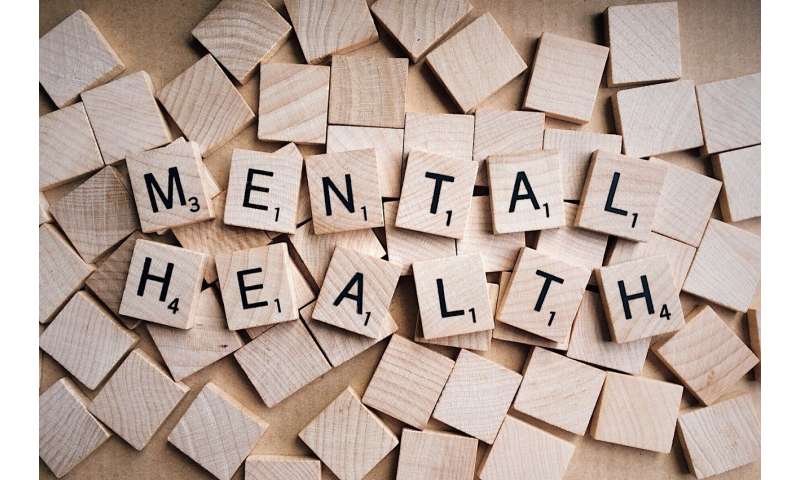

Young people’s view of their family’s social status was more strongly associated with their mental health and readiness for future education and work than how much money, education or occupational prestige their parents have, according to new research led by the University of California, Irvine. The study, published in Proceedings of the National Academy of Sciences, found that by age 18, youths who rated their family as having a higher place in society had fewer difficulties negotiating the transition to adulthood, independent of the objective position of the family.
“The amount of financial resources children have access to is one of the most reliable predictors of their health and life chances,” said Candice Odgers, UCI professor of psychological science and senior author of the report. “But these findings show that how young people see their family’s place in a hierarchical system also matters. Their perceptions of social status were an equally good, and often stronger, indicator of how well they were going to do with respect to mental health and social outcomes.”
Researchers followed 2,232 same-sex twins born in England and Wales in 1994-95 who were part of the Environmental Risk Longitudinal Twin Study based at King’s College London. Adolescents assessed their family’s social ranking at ages 12 and 18. By late adolescence, these beliefs signaled how well the teen was doing, independent of the family’s access to financial resources, healthcare, adequate nutrition and educational opportunities. This pattern was not seen at age 12.
Study findings also showed that despite growing up in the same family, the twins’ views were not always identical. By age 18, the twin who rated the family’s standing as higher was less likely to be convicted of a crime; was more often educated, employed or in training; and had fewer mental health problems than his or her sibling.
“Testing how young people’s perceptions related to well-being among twins provided a rare opportunity to control for poverty status as well as environmental and genetic factors shared by children within the same family,” said Joshua Rivenbark, an M.D./Ph.D. student at Duke University and the study’s lead author. “Siblings grew up with equal access to objective resources, but many differed in where they placed their family on the social ladder—which then signaled how well each twin was doing.”
Researchers did not discover evidence that youths’ opinions of where their family was ranked were robustly associated with measures of physical health or cognitive functioning. These were more strongly linked with objective markers of family income and social status.
“We want to emphasize caution in interpreting our findings, given that adolescents’ experiences of being convicted or suffering from mental health problems may also influence their views of where their family stands in society,” Rivenbark said. “Studies that experimentally manipulate how young people see their social position would be needed to sort out cause from effect.”
Source: Read Full Article